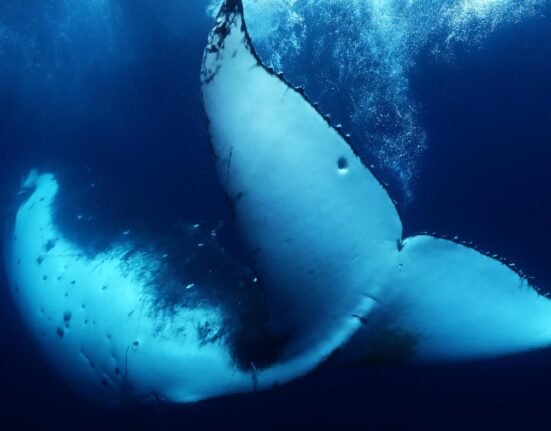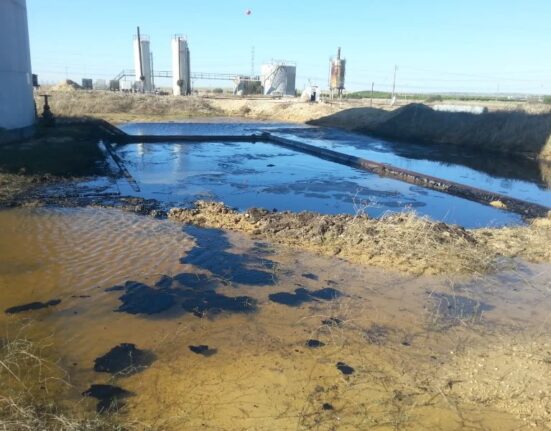Victoria’s energy landscape is on the brink of a significant transformation as the state government greenlights a contentious gas supply project to safeguard its energy future. The Planning Minister has given the environmental nod for a groundbreaking floating gas terminal off the coast of Geelong, despite facing strong opposition from local and environmental groups.
The approved Viva Energy Gas Import Terminal Project aims to address an imminent gas shortage predicted to hit Victoria by 2029. This ambitious project proposes a liquefied natural gas (LNG) storage ship stationed in Corio Bay, along with 7 kilometers of new pipeline connections to bolster the existing gas network. The government emphasizes that this strategic move is crucial to prevent disruptions in gas supply for countless Victorian households relying on it for daily needs like cooking and heating.
As discussions swirl around this pivotal decision, experts weigh in on the potential implications and benefits of such a transformative endeavor. Lachlan Pfeiffer, Viva Energy’s chief strategy officer, underscores the project’s versatility in meeting peak demand periods while ensuring a continuous and dependable gas supply throughout the year. He highlights how this initiative aligns with supporting renewable energy integration as traditional coal-powered systems phase out.
However, not everyone is onboard with this development. Local residents and environmental advocates have raised concerns about the terminal’s proximity to residential areas and its potential impact on surrounding ecosystems. Greg Foyster from Environment Victoria voices apprehension over multiple unresolved challenges facing the project, including navigational issues for LNG tankers and overall sustainability considerations.
Foyster points out a broader perspective centered on transitioning towards renewable energy solutions instead of amplifying fossil fuel reliance, urging a shift towards electric appliances powered by sustainable sources. This sentiment resonates with environmental groups who see this approval as contradicting long-term climate goals and endangering local communities’ well-being.
In response to mounting criticism, Deputy Victorian Greens leader Sarah Mansfield condemns the state government’s endorsement of the terminal project, citing neglect towards environmental conservation efforts and public health priorities in Geelong. The clash between economic imperatives for energy security and ecological consciousness underscores a deeper societal debate on balancing progress with sustainability principles.
Looking ahead, while proponents advocate for seizing this opportunity to fortify Victoria’s energy resilience through innovative means like LNG storage terminals, opponents stress the urgency of embracing greener alternatives to mitigate climate risks adequately. As stakeholders navigate these diverging perspectives, one thing remains clear – decisions made today will shape tomorrow’s energy landscape in profound ways.









Leave feedback about this